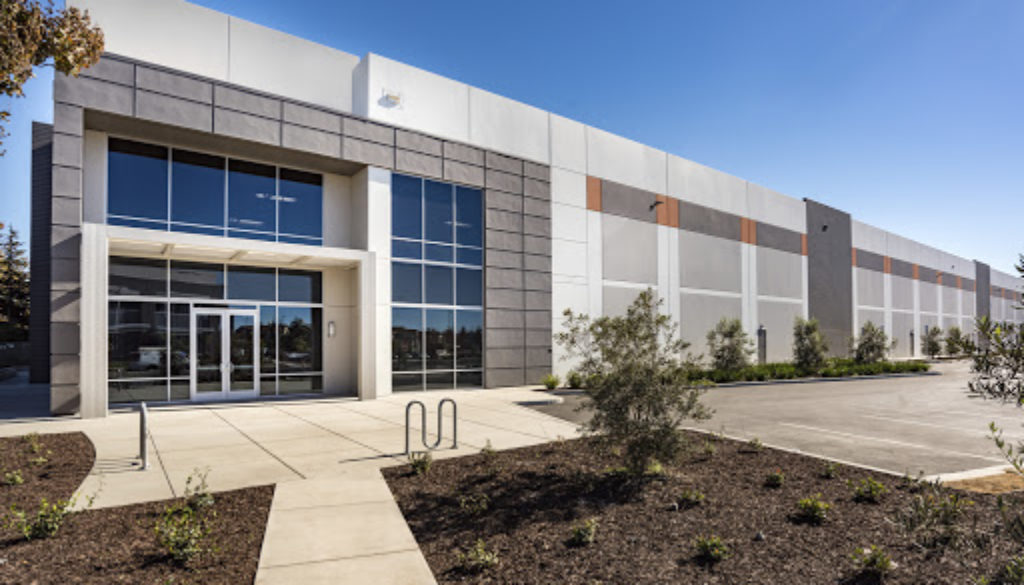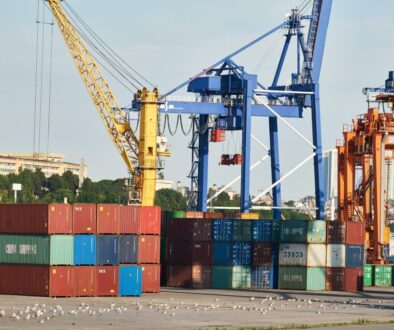How does the free zone regime in Costa Rica work?
Table of Contents
Contact us to begin to take the steps to locate your business in Costa Rica’s Green Park Free Zone.
The free zone regime in Costa Rica is a fundamental part of the nation’s export sector. It accounts for roughly 50% of Costa Rica’s commercial shipments abroad.
Companies need to expand their global footprint in order to strategically position themselves for growth in global markets. The free zone regime in Costa Rica is a tool that is used by companies from several countries that has enabled them to expand internationally, take advantage of economies of scale, and to benefit from tax incentives. In turn, Costa Rica has gained new sources of employment and has also enhanced the economic well-being of its citizenry.
Specifically, the free trade zone regime in Costa Rica consists of “duty-free geographic areas” in which both foreign and national companies are authorized to produce goods and services while applying customs and tax law in a flexible manner.
Firms that are under free zone status and jurisdiction are granted a series of incentives whose receipt thereof are contingent upon compliance with legally stipulated requirements.
In Costa Rica, free zones are fundamentally important to the national economy and the country’s export sector. Currently, there are more than 400 companies that have elected to occupy sites in these specially designated areas. They are active in business activities that range from basic manufacturing and customer service operations to research and development processes, advanced manufacturing, and data analysis.
The most important features that are a part of the free zone regime in Costa Rica are related to the following:
-
Customs and Taxes
With regard to customs considerations, the most important benefit of the free zone regime is that it is possible to import any type of input, container, or packaging necessary for production without paying duties. Also, allowed is the tariff-free importation of vehicles, fuels, oils, and lubricants.
Concerning taxation, a company operating under the auspices of the free trade zone regime in Costa Rica is exempt from sales and consumption tax on the purchase of local goods and services. Additionally, there is an exemption from paying income tax, depending on the operation category of the business and its geographical location. This exemption can vary for a period of between 4 and 12 years, up to a percentage of 100%.
-
Industry Clusters
Within Costa Rican free zones, companies occupy specific areas in what are known as clusters. These groupings of like businesses are concentrated in sectors such as product assembly, high-technology, heavy manufacturing, food processing, medical devices, and support service activities.
-
Minimum Necessary Requirements
In order to operate under the free trade zone regime in Costa Rica, businesses must invest between US $100,000 and US $2,000,000 in fixed assets over a period of three years. The minimum initial investment amount varies depending upon whether a company is located inside or outside an industrial park or the Greater Metropolitan Area.
Application for free zone status must be made with the Costa Rican trade promotion organization, Procomer, and must register with both tax and social security authorities.
-
Permitted Activities under the free trade zone regime in Costa Rica
Companies engaged in the exploration and extraction of minerals or hydrocarbons, the production of electrical energy, and the sales of arms and/or ammunition are not eligible to operate under the free trade zone regime in Costa Rica.
The categories of companies that can benefit from the free trade zone regime include manufacturers that produce or assemble goods for export or the internal market, companies that manipulate or distribute merchandise for export, organizations that export services, as well as companies that are engaged in research and development.
-
Investment Climate
Over the last several decades, Costa Rican government policies have been crafted to focus upon making the country attractive to foreign investors. The establishment of the free trade zone regime in Costa Rica has been a central part of this effort. The country has made itself an export platform to the world through its execution of 14 free trade agreements that govern commerce with 52 countries.
The Costa Rican national government abolished its army in 1949. This has enabled policymakers to invest consistently in the education of the nation’s citizens. Costa Rica has one of the highest literacy rates in all of Latin America.
In recent years, Costa Rica has been among the Latin American leaders in the World Economic Forum’s Global Competitive Index. Beyond the education level of its citizenry, the Central American nation has been recognized for the quality of its healthcare system and its ability to innovate.
Despite its small size, Costa Rica is home to 5% of the world’s biodiversity and generates about 99% of its energy from renewable sources. Given these and other factors, companies operating under the free zone regime in Costa Rica are optimally positioned to enhance the international commercialization of their goods and services.
Contact Us
Please use this form to contact us and we will respond as soon as possible:






The free zone regime in Costa Rica with Laura Pérez
November 11, 2023 @ 5:56 am
[…] FDI: That means you have a very comprehensive knowledge of the free trade zone regime in Costa Rica. Would that be […]